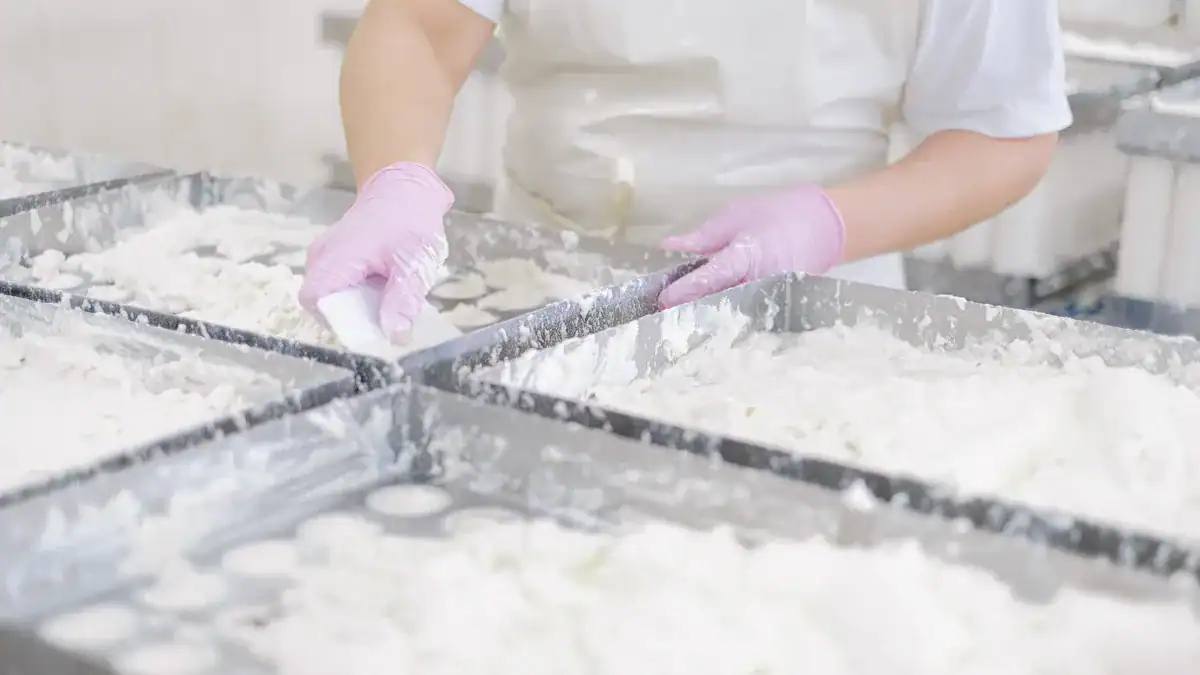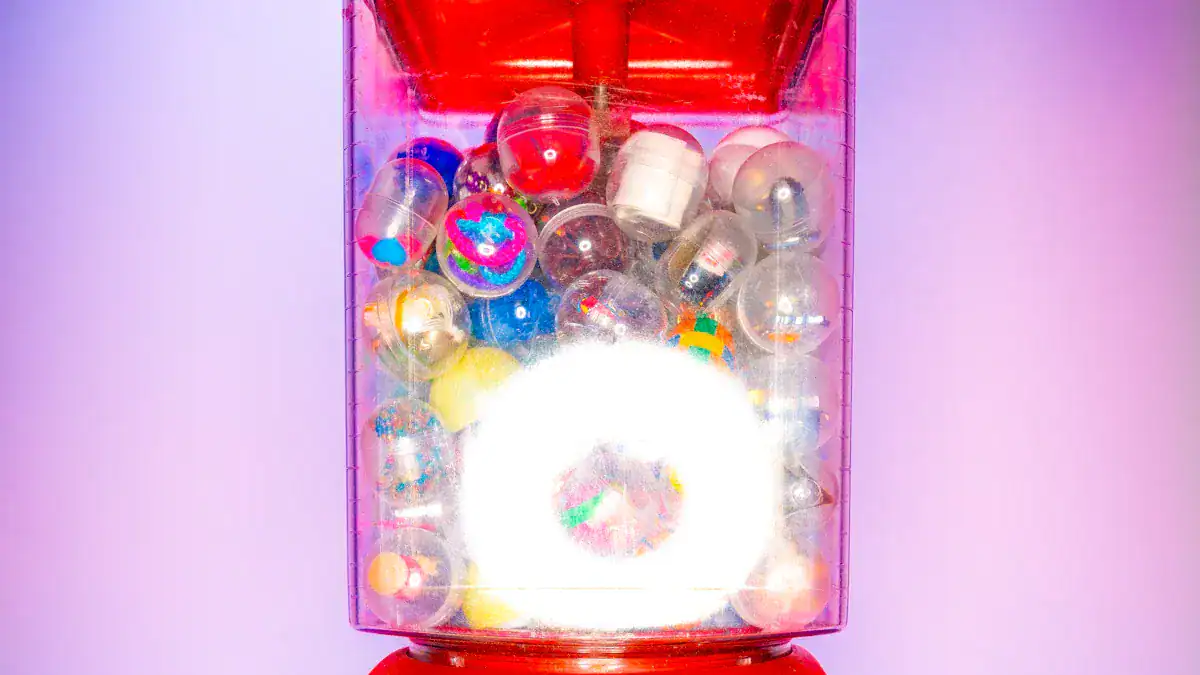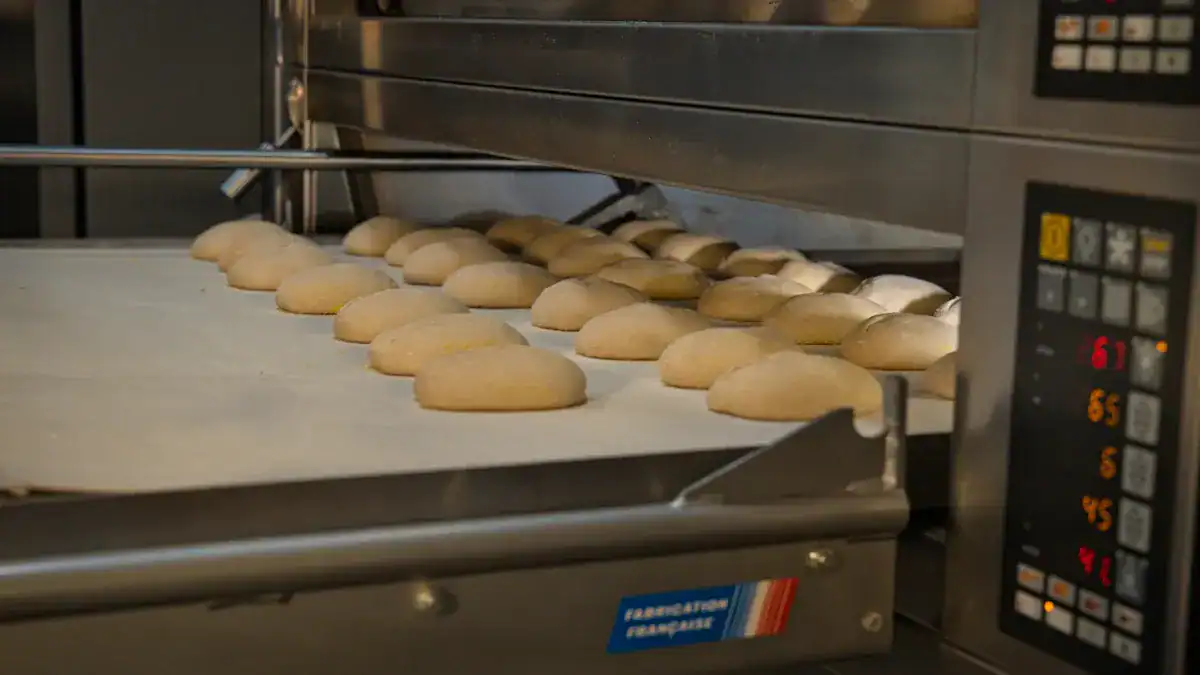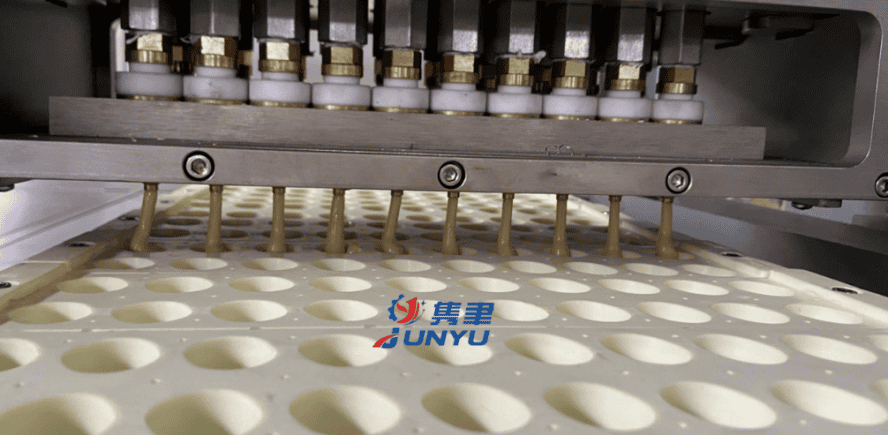
Hello, culinary connoisseurs and boba enthusiasts! Are you ready to embark on a bubble-filled adventure through the world of popping boba?
That’s right; we’re diving deep into the ocean of tapioca pearls to discover how these little delights are made in a factory.
So, grab your favorite milk tea, and let’s explore the fascinating process that turns humble tapioca starch into the chewy boba balls that have stolen our hearts.
1. The Star Ingredient: Tapioca Starch
Our journey begins with the star of the show: tapioca starch. Derived from the cassava root, this versatile starch is the foundation of all boba. Factories source high-quality tapioca starch to ensure the perfect texture and taste for their boba pearls.
2. The Alchemy of Mixing: The Base Creation
In the land of boba, the mixing process is where the magic begins. Factories combine tapioca starch with water and other ingredients like brown sugar or fruit juice to create a smooth, thick slurry. This mixture is the precursor to the chewy pearls we all know and love.
3. The Cooking Conundrum: Gelatinization
Next up is the cooking process, where the slurry undergoes a transformation. The mixture is heated to a precise temperature, a process known as gelatinization. This step is crucial as it sets the texture of the boba, turning the slurry into a sticky, dough-like consistency.
4. The Masterful Molding: Forming the Pearls
Once the gelatinization is complete, the dough is ready to be molded into the iconic small spheres we recognize as boba pearls. Factories use specialized machinery to extrude the dough into tiny balls, which are then cut to the perfect size.
5. The Steamy Symphony: Steaming the Pearls
In some production methods, the formed pearls are then steamed. This step further cooks the pearls and gives them an additional layer of softness and chewiness that is characteristic of high-quality boba.
6. The Crystal Clear Starch Bath: Soaking the Pearls
After molding and steaming (if applicable), the pearls are soaked in a starch bath. This step is essential for giving the boba pearls their signature chewy texture and preventing them from sticking together.
7. The Chill of Quality: Cooling and Drying
The starch bath is followed by a cooling process, which helps solidify the pearls’ texture. Once cooled, the pearls are dried to remove excess moisture, ensuring they maintain their shape and texture.
8. The Flavorful Touch: Adding Taste
While traditional boba pearls are often unflavored, many factories offer flavored options. Flavorings such as fruit juices, coffee, or chocolate are added at this stage, infusing the pearls with a variety of tastes.
9. The Packaging Parade: Preparing for Distribution
Once the pearls are cooled, dried, and flavored (if desired), they are packaged for distribution. Factories use airtight packaging to preserve the pearls’ freshness and quality until they reach your favorite boba shop.
10. The Quality Check: Ensuring Perfection
Before the boba pearls leave the factory, they undergo a series of quality checks. This ensures that each batch meets the factory’s standards for size, texture, and taste. No pearl is left behind in this rigorous inspection process.
11. The Preservation Protocol: Storing Boba
Proper storage is key to maintaining the boba pearls’ quality. Factories recommend storing the pearls in a cool, dry place and using them within a certain timeframe to ensure optimal chewiness and flavor.
12. The Innovation Station: New Techniques and Trends
The world of boba is ever-evolving, with factories constantly innovating and experimenting with new production techniques and flavors. From colorful fruit-flavored pearls to unique textures, the innovation in boba production is as exciting as it is delicious.
13. The Environmental Effort: Sustainable Boba Production
As the demand for boba grows, so does the importance of sustainable production practices. Many factories are now focusing on eco-friendly packaging and sourcing tapioca starch from sustainable sources to minimize their environmental impact.
14. The Global Impact: Boba Around the World
Boba’s popularity has gone global, with factories in various countries producing pearls to cater to local tastes. This has led to a fascinating fusion of traditional and modern techniques, as well as the creation of region-specific boba flavors.
15. The Future of Boba: Looking Ahead
As we look to the future, the boba industry continues to innovate. From new production technologies that improve texture and taste to the development of alternative starch sources, the world of boba is constantly expanding and evolving.
Conclusion
There you have it—a glimpse into the bubbling world of popping boba and the meticulous process that transforms tapioca starch into the chewy pearls we all enjoy. From mixing and cooking to molding and flavoring, each step is carefully crafted to ensure the perfect boba experience. So, the next time you sink your teeth into a tapioca pearl, remember the sweet science and the factory’s dedication to quality that made it possible. Cheers to the tireless work of boba factories around the world, and may your boba always be perfectly chewy!
Remember: The journey of a boba pearl from factory to cup is a testament to the art and science of confectionery. As you enjoy your favorite milk tea, take a moment to appreciate the hard work and innovation that goes into creating those delightful chewy pearls. Here’s to the boba makers and the joy they bring to tea lovers everywhere!





